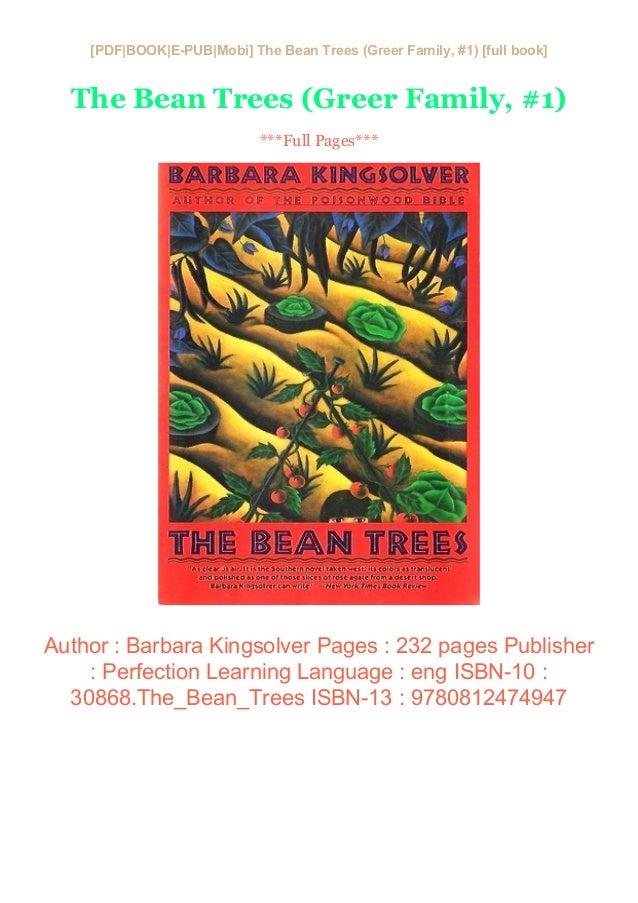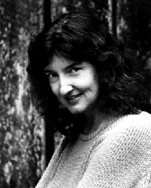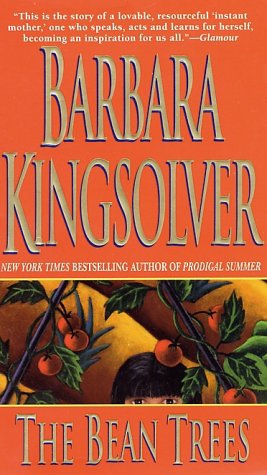

Plants and animals fascinated her and often found their way into her parents' house. Living in the country amid fields and woods, Kingsolver became a student of nature. And because her parents were intolerant of television, Kingsolver spent her time reading and writing stories and essays. Nicholas County did not have a swimming pool, and Kingsolver never laid eyes on a tennis court until she went away to college.įrom an early age, Kingsolver enjoyed telling stories (her parents listened to bedtime stories instead of telling them). Nicholas County was an economically depressed area, and most people living there were not well off they earned only enough money to ensure their survival through tobacco farming.

Kingsolver's father worked as the only doctor in rural Nicholas County, a county situated between the poverty of coal fields and the affluence of horse farms. Her family soon moved to be close to relatives living in eastern Kentucky. Kingsolver was born on April 8, 1955, in Annapolis, Maryland, to Wendell Kingsolver, a physician, and Virginia Henry. Her personal experiences and passions, as well as the environment of the southwestern United States, influence her writing. Although Kingsolver writes about serious subjects and her characters face traumatic dilemmas, she is also able to interject humor, which lightens the tone and communicates the love, hope, and strength evident in the lives of people from all cultures and walks of life. The protagonists in her writing portray resilient, sensitive females successfully surviving typical day-to-day struggles. Kingsolver writes about current social issues such as the environment, human rights, and injustice. Because she cares deeply about the world in which she lives and the people in it, her writing is her attempt to change the world - to make the world a better place to live.

She is also a freelance journalist and political activist. Barbara Kingsolver is a contemporary American author of best-selling novels, non-fiction, and poetry.


 0 kommentar(er)
0 kommentar(er)
